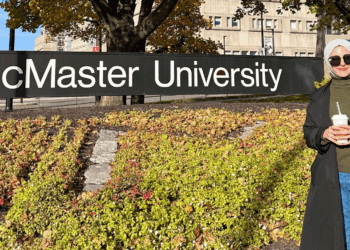Basal cell carcinoma (BCC) is the most frequent cancer in humans. Stem cells (SCs) but not progenitors are competent to initiate BCC formation following oncogenic hedgehog signaling activation. However, the mechanisms conferring the competence to BCC formation in SCs and restricting tumour formation in progenitors were not known. This study uncovered the mechanisms allowing SCs and not progenitors to initiate BCC formation.
.
Canato and colleagues uncovered that Survivin, a protein regulating proliferation and apoptosis, is expressed at a higher level in SCs compared to progenitors. Using genetic gain and loss of function of Survivin in mouse models, the authors showed that Survivin deletion in oncogene-expressing SCs prevents BCC formation, whereas Survivin overexpression renders oncogene-expressing progenitors competent to BCC formation. Survivin expression enhances cell survival and renewing divisions, while restricting apoptosis and differentiation. The authors showed that pharmacological inhibition of Survivin or of SGK1, a downstream factor regulated by Survivin, prevents the conversion of preneoplastic lesions into invasive BCCs.
.
 Summary of the findings
Summary of the findings








